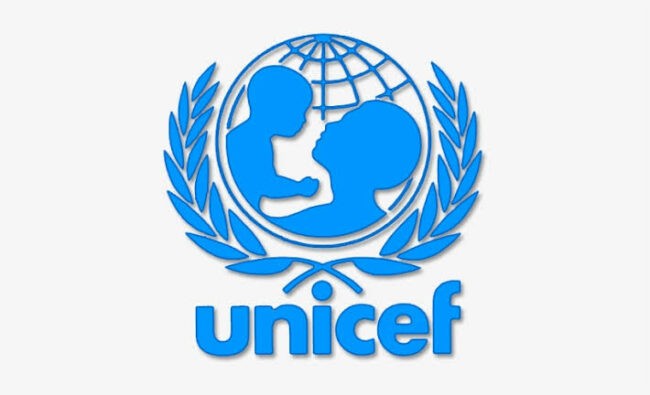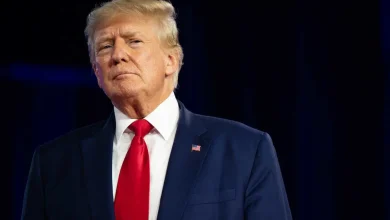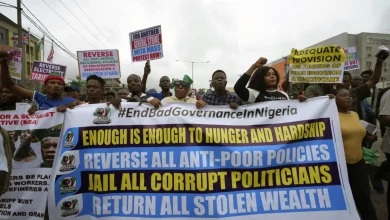
The Nigerian government has been characterized as making a strong commitment to align with Sustainable Development Goal 6 (SDG 6), which focuses on enhancing Water, Sanitation, and Hygiene (WASH) services by 2030.
In accordance with this commitment, the government introduced the Clean Nigeria: Use the Toilet campaign (CNC) in November 2019. The campaign’s ambitious objective is to eliminate open defecation in Nigeria, in line with SDG 6.2 and the National Open Defecation Free (ODF) Roadmap.
According to UNICEF Nigeria Country office, the CNC and the ODF Roadmap are centered on transforming collective behaviours, especially at the Local Government Authority (LGA) level, with the ultimate objective of achieving state-wide ODF status across Nigeria’s 36 states and the Federal Capital Territory (FCT).

A section of the UNICEF Headquarters
The problem is the need for a safely managed Faecal Sludge Management (FSM) system, an issue which is more pronounced in areas with a high prevalence of pit latrines, particularly in densely populated and low-income settlements.
Consequently, the Bauchi state environmental protection agency (BASEPA), in collaboration with the Rural Water Supply and Sanitation Agency (RUWASSA), initiated an FSM Guideline in 2023 to guide the government’s efforts towards ensuring proper FSM in ODF LGAs.
To further strengthen these efforts, UNICEF, with funding from the Bill and Melinda Gates Foundation, is supporting government authorities.
Stakeholders from different government ministries, departments and agencies, as well as development partners, including WaterAid, and members of the private sector, including the pit emptiers association, have come together to carry out the Strategy Development exercise to help stakeholders develop a comprehensive, sustainable strategy, and operative guidelines that will steer the government’s actions towards effective FSM and ensure process is carried out efficiently, not only to protect public health but also to safeguard the environment from the detrimental consequences of unsafe disposal practices.
Once concluded, the draft document will be scrutinized and validated by stakeholders, followed by a state-wide launching of the results.
UNICEF hopes that this activity will serve as a model for other ODF LGAs facing issues like this, including states like Jigawa currently moving beyond ODF towards safely managed sanitation services.





